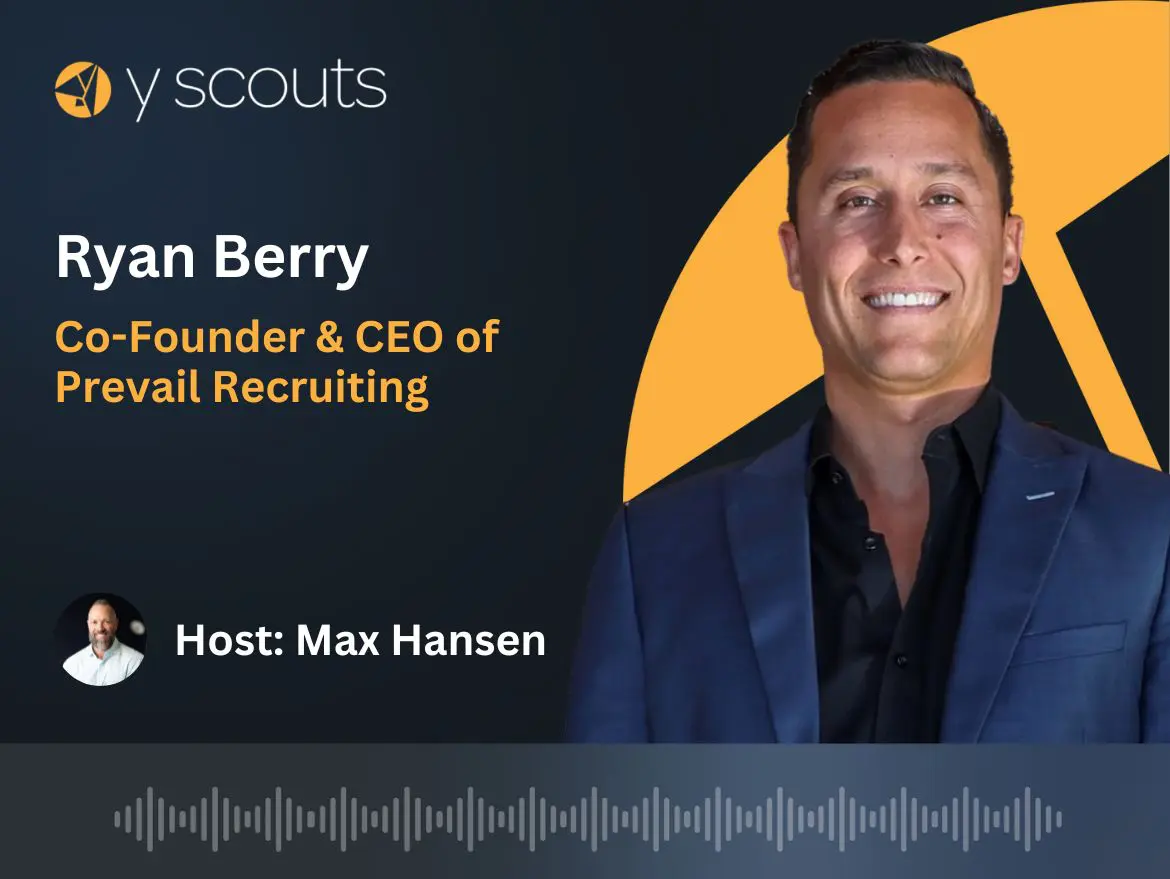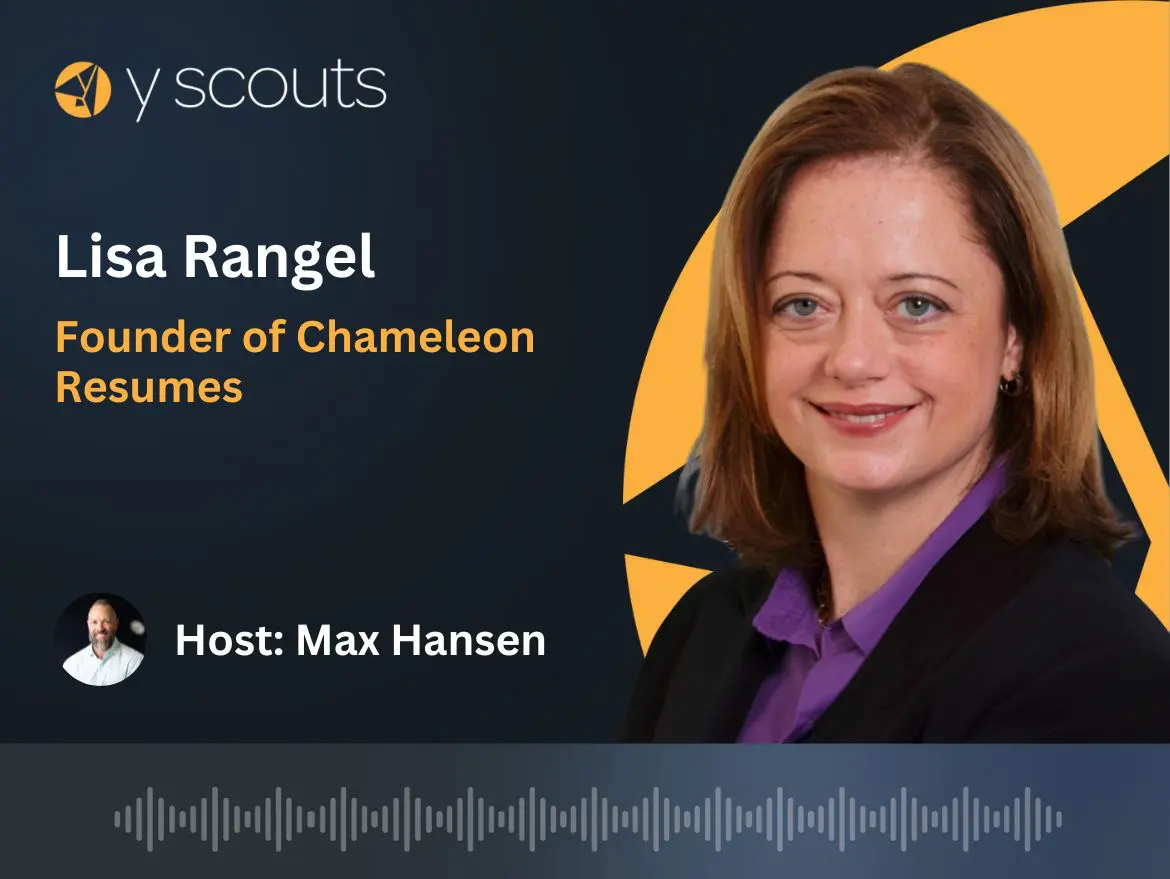
Michelle Gielan, national CBS News anchor turned positive psychology researcher, is the bestselling author of Broadcasting Happiness.
Michelle is the Founder of the Institute for Applied Positive Research and is partnered with Arianna Huffington to study how transformative stories fuel success. She is an Executive Producer of “The Happiness Advantage” Special on PBS and a featured professor in Oprah’s Happiness course.
Michelle holds a Master of Applied Positive Psychology from the University of Pennsylvania, and her research and advice have received attention from The New York Times, Washington Post, FORBES, CNN, FOX, and Harvard Business Review.
Table of Contents
ToggleShow highlights:
- How you start your day has a tremendous impact on how you feel about your day.
- Went from being a computer engineer to a national news anchor at CBS
- Focus on the parts of your story that you can control so that you feel motivated to take positive actions going forward.
- We are all broadcasters. It’s not a special power reserved for news anchors or athletes. Our messages propel us forward or hold us back. Making small changes in our messages influence outcomes like promotions and business success.
Show links:
- Michelle’s book, Broadcasting Happiness
- Michelle Gielan Personal Website
- The Success Scale
Here’s a few of the transcribed highlights from the interview:
How the heck did you go from majoring in computer engineering in college to being a national news anchor at a network like CBS?
I was working as a software developer at a computer company. I would sit there writing code while dreaming about being a national news anchor broadcasting from New York City. Those dreams are great, but the only thing is you don’t actually start your career in New York. You start anywhere they’ll take you.
I send a ton of tapes around the country and luckily did get one call from El Paso. I was able to have a move up from El Paso to Chicago to New York in three years. I think the reason that was significant was when I got to the network and anchored those national news programs, I was still full of hope and optimism about the good work we could do for the world given our resources. The only problem was our news stories were full of murder, death, destruction, natural disasters, bank failures, etc. The recession hit, and it only got worse.
I basically got tired of telling negative news stories. Just like so many parents, business leaders, family members, I wanted to understand how we can talk about negative news in a way that actually empowers and inspires people to move forward in a positive direction so we can overcome challenges.
So, I went to go study positive psychology at the University of Pennsylvania. It has absolutely transformed not only my life, but now the messages that I share with the world. Now, instead of sharing car accidents and terrible things happening, I’m able to talk about positive psychology research and the ways that we can all use the science of happiness to fuel success in ourselves and the people around us.
While you were studying at University of Pennsylvania, you had an epiphany.
What I came to see is that we are all broadcasters. It’s not some special power that’s reserved for someone on TV or a professional athlete or celebrity. We are all broadcasters. We all constantly broadcast information to other people. The messages we choose to broadcast to other people – whether we do it consciously or unconsciously – either creates success or they hold all of us back.
People don’t understand how incredibly influential they can be over the people in their lives. When we make small changes to the messages we’re broadcasting to other people – as parents, as leaders, as friends – we not only influence their mood and approach to challenges and stresses, but those small changes influence nearly every single business outcome we know how to track.
Communicating differently can full your entire team’s productivity by 31% in just 3 weeks. We can increase your chances of promotion over the next year by as much as 40% by making small changes to a person’s communication style. The negative effects of stress can be decreased by as much as 23% by changing our story that we broadcast about stress.
We’ve seen this now at companies, at schools, and we’ve been able to test and see when someone makes an intervention in their life, small changes can make incredible ripple effects.
There was a study done on gentlemen in their 80’s who have been practicing pessimism their whole lives. The research found that if those men did a positive habit of writing down 3 new or unique things that they’re grateful for from the past 24 hours, and to do this each day for a period of six months, they went from testing as moderate level pessimists to a low to moderate level optimists.
I want to talk about the “Hidden 31,” which you discuss in your book. The hidden 31 represents the 31% of people who are optimistic, but for some reason don’t choose to express their level of optimism. As it relates to the workplace, what can leaders do to expose this 31 percent and encourage them?
The most important thing to realize as a leader is that these closet optimists are your allies in transforming the culture. 31% of people already have a positive and optimistic mindset. They’re just not speaking up about it. That means when you’re sitting in a meeting and someone is presenting a new idea, 1 in 3 people are already optimistic and positive about the success of that idea. They just might not say anything.
When we’re battling at work for culture, and to create an engaged culture in which people feel empowered, the more that we can activate the 31 and get them to speak their mind, that positively influences the business outcomes that we’ve been talking about.
The number one way to get these people to speak up is to model the behavior ourselves as leaders. Create an environment in which people feel licensed to praise one another and talk about all the good things going on.
There’s a quote from Viktor Frankl that happiness is not something that can be pursued, but it must ensue. What are your thoughts on that quote?
The number one thing that we recommend for people who are feeling a mild sense of depression is to get their brain off the number one question that’s on it: “Am I happy? Am I not happy?”
Their brain keeps rattling back and forth on that. When we make happiness the goal, it actually does us a disservice. In that respect, I completely agree with him. To get people’s brains off of that question, we’ll say to go do one nice thing for somebody else. Then their brain isn’t focused on their own happiness. They in turn do that nice thing, feel a burst of happiness, and then happiness can ensue.
A good definition of happiness is the joy you feel growing towards your potential. What I love about this definition is that it allows for us to feel that sense of joy through the ups and downs of life. Because we can be growing towards our potential, even in the hardest times. Often times we find out who we are in those moments.
Happiness is not about the chocolate bar. It’s something deeper. When our brain is focused on doing the things that generate that deeper sense of joy, that’s when I think we really experience life on a new level.
Listen to more episodes from the Built On Purpose podcast at yscouts.com/podcast.






